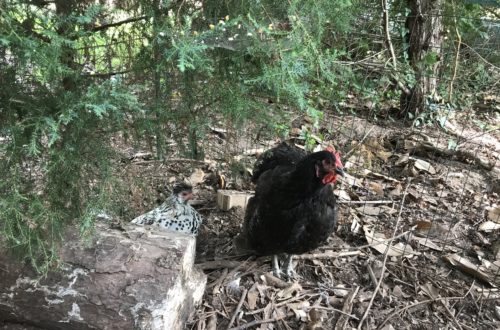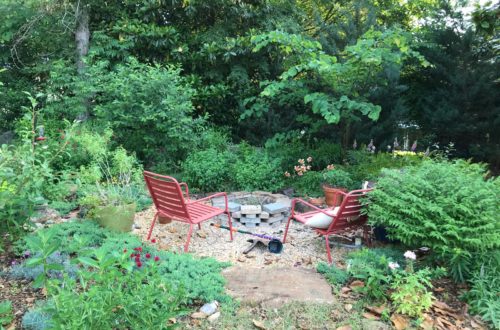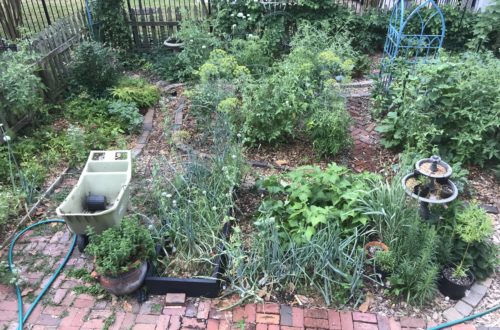When God Doesn’t Burn it All Down
Remember how God sent Jonah to call the people of Nineveh out of their evil ways and back to Him? Jonah was so offended by the people of Nineveh that he didn’t want to offer them God’s message of reconciliation, and he actually first ran the opposite direction. He ran so hard that he endangered the lives of sailors and ended up as fish bait before he relented to God’s big ask. When the people of Nineveh did listen and repent, Jonah was livid that God forgave them. He was so ready for God to burn it all down, that he missed that God’s heart was to be reconciled to a lost people. He missed the joy of God’s salvation.
Jonah’s end goal was cancellation; God’s end goal was reconciliation.
This prayer by Jonah, when God doesn’t destroy Nineveh, is simply astounding.
“Isn’t this what I said, Lord, when I was still at home? That is what I tried to forestall by fleeing to Tarshish. I knew that you are a gracious and compassionate God, slow to anger and abounding in love, a God who relents from sending calamity. Now, Lord, take away my life, for it is better for me to die than to live.”
He straight up admits that God’s love and mercy were the very reasons he did not want to go to Nineveh. He knew that if the people repented, they would be saved from destruction. He proclaims he was right all along and now would rather die than see the reconciliation.
I started reflecting on this book of the Bible the other day when I was questioning how eager I am to issue “call outs” towards elements of culture that don’t reflect the goodness of God… to people who claim to love God but don’t love like God. It struck me that every time I feel the conviction of the Holy Spirit, I’m ready to fire up the keyboard and redirect its aim at others rather than letting it burrow into my own heart. Was I to be the messenger like Jonah or was I actually the city of Nineveh? Then it struck me — both were wicked. The message of God’s reconciliation was for both.
I am often tempted to do and feel the same about the ones that offend me (masking my own offense behind a “they don’t reflect Jesus” claim), and I forget that only a few days earlier, I too was running from Him. My friends and family know I am a person of strong convictions about the current state of affairs, but in my desire to see wrongs righted, I must remember that it is not through the alienation and destruction of “the others” but only through the humiliation of Jesus on the cross that we are made whole, forgiveness is found, and peace is restored. God will right these wrongs. He will bring beauty out of the ashes of our hearts.
Jonah retreats to a hillside to watch in misery, and God teaches him one last lesson. He grows a plant to shade Jonah’s head to ease his discomfort, which delights Jonah. The next day though, God sends a worm to destroy the plant so that it shrivels and dies. This further enrages Jonah, to whom God replies, “Is it right for you to be angry about the plant? (Jonah replies that he’s so angry he wants to die.) You have been concerned about this plant, though you did not tend it or make it grow. It sprang up overnight and died overnight. And should I not have concern for the great city of Nineveh, in which there are more than a hundred and twenty thousand people who cannot tell their right hand from their left—and also many animals?”
It’s simple. If Jonah loves a plant he took no part in growing, wouldn’t God love His creation?
In this redemptive work at hand, may we not find ourselves watching from a hillside under a withered tree of bitterness. May we remember that we are called out of and toward.
2 Corinthians 5:17-19
“Therefore, if anyone is in Christ, the new creation has come: The old has gone, the new is here! All this is from God, who reconciled us to himself through Christ and gave us the ministry of reconciliation: that God was reconciling the world to himself in Christ, not counting people’s sins against them. And he has committed to us the message of reconciliation.”






One Comment
Adria
Love this! Thanks for sharing this wisdom.